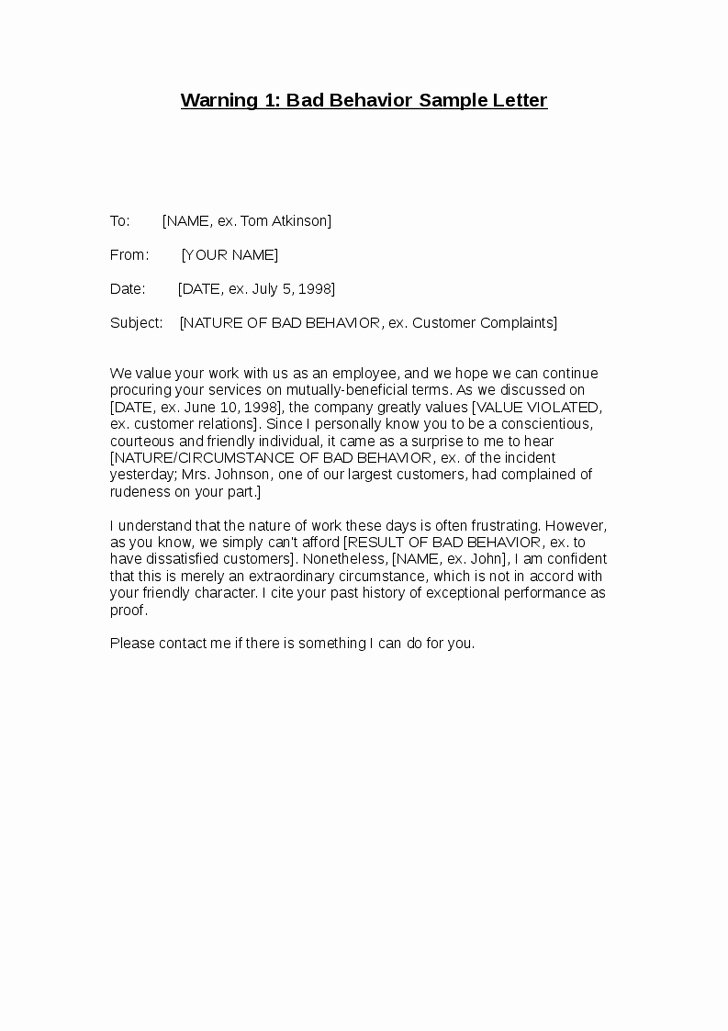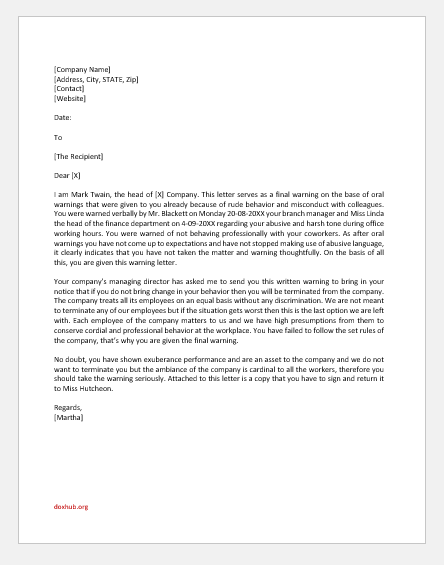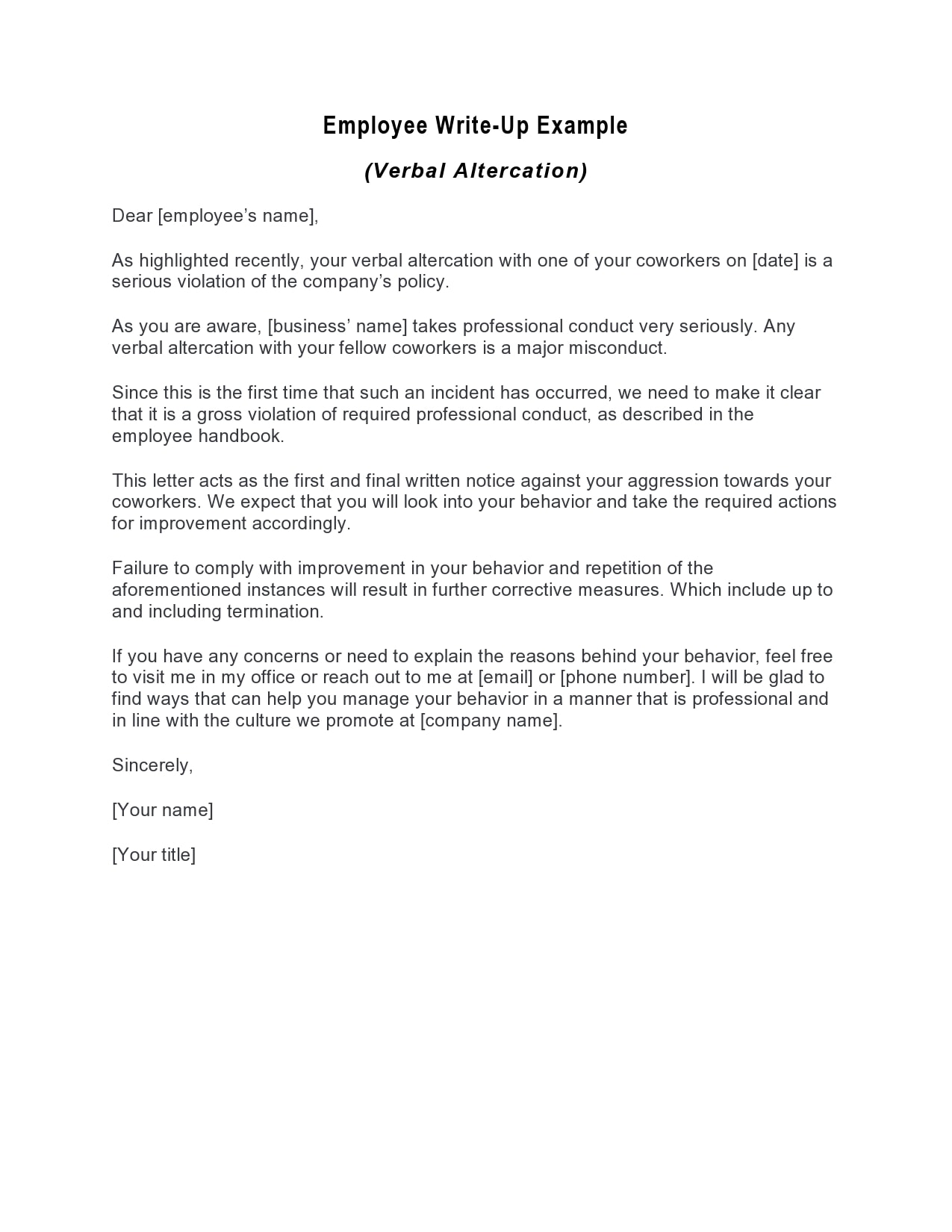Disrespectful Employee Write Up Examples
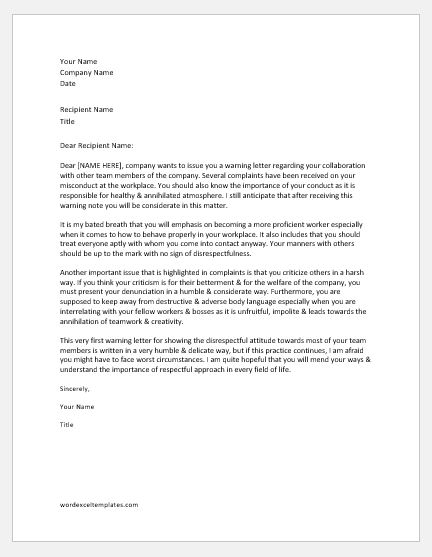
The break room buzzes with hushed whispers, the air thick with unspoken anxieties. Sarah, usually the life of the office, sits hunched over her lukewarm coffee, a crumpled piece of paper clutched in her hand. It's a write-up, a formal reprimand, but the reason? That's where the confusion begins. It feels less like a constructive critique and more like a personal attack, a passive-aggressive jab disguised as professional feedback.
Understanding what constitutes a truly disrespectful employee write-up is crucial for both employees and employers. Such write-ups can be demoralizing, create a toxic work environment, and even lead to legal challenges. This article explores examples of these types of write-ups and offers insights into how to ensure disciplinary actions are fair, constructive, and respectful.
What Makes a Write-Up Disrespectful?
A respectful write-up focuses on specific behaviors or performance issues. It provides clear examples and outlines expected improvements. Conversely, a disrespectful write-up often relies on vague accusations, personal opinions, or passive-aggressive language.
Here are a few examples of what can be considered a disrespectful write-up:
Vague Accusations
A write-up stating "Your attitude needs improvement" without specifying what constitutes the problematic attitude is unhelpful. It doesn't offer the employee actionable steps to correct their behavior. This leaves room for misinterpretation and resentment.
Personal Attacks
Comments that attack an employee's character or personality are never appropriate. "You are lazy and unmotivated" is a direct assault, fostering a hostile atmosphere. Such statements are rarely productive and can be perceived as bullying.
Public Shaming
Addressing performance issues in front of colleagues or including sensitive information in a widely distributed email is disrespectful. According to the Society for Human Resource Management (SHRM), confidentiality is key in disciplinary matters. Public shaming undermines the employee's dignity and erodes trust within the team.
Inconsistent Application of Rules
If one employee is written up for a behavior that others regularly engage in without consequence, it raises concerns about fairness. This perceived bias can lead to feelings of resentment and accusations of discrimination. Consistency in applying company policies is paramount.
Passive-Aggressive Language
Using sarcasm or veiled threats in a write-up is unprofessional and counterproductive. Instead of addressing issues directly, passive-aggressive language creates ambiguity and mistrust. It undermines the sincerity of the feedback.
The Impact of Disrespectful Write-Ups
Disrespectful write-ups have far-reaching consequences. They can damage employee morale, decrease productivity, and increase turnover rates. A study by Gallup found that employees who feel respected are more engaged and committed to their work.
Furthermore, such write-ups can expose employers to legal risks. If an employee feels unfairly targeted due to their race, gender, or other protected characteristics, they may pursue legal action. Proper documentation and adherence to legal guidelines are crucial in all disciplinary processes.
Creating Respectful and Constructive Write-Ups
To ensure write-ups are constructive and respectful, employers should follow a few key principles. First, focus on specific behaviors and their impact on the workplace. Use objective language and avoid subjective opinions.
Second, provide clear expectations for improvement. Outline the steps the employee needs to take to meet performance standards. Third, offer support and resources to help the employee succeed.
Finally, maintain confidentiality and treat the employee with dignity throughout the process. Remember, the goal is to improve performance, not to demean the individual. This requires empathy and a commitment to fair treatment.
Disciplinary actions are never easy, but they are a necessary part of managing a workforce. By focusing on clear communication, specific examples, and respectful language, employers can ensure that write-ups are constructive tools for improvement, rather than instruments of disrespect. The goal should always be to foster a culture of growth and accountability, where employees feel valued and supported, even during challenging times.
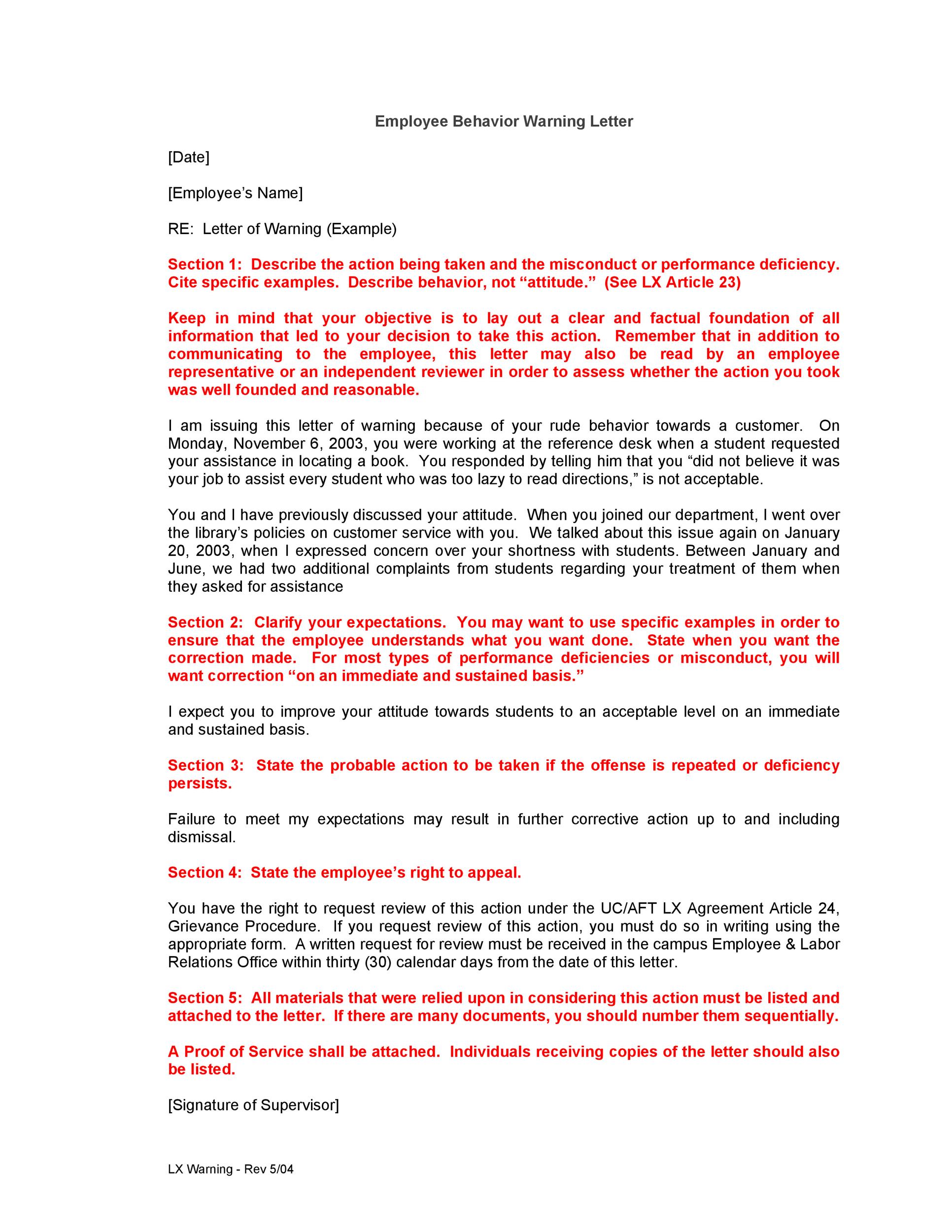
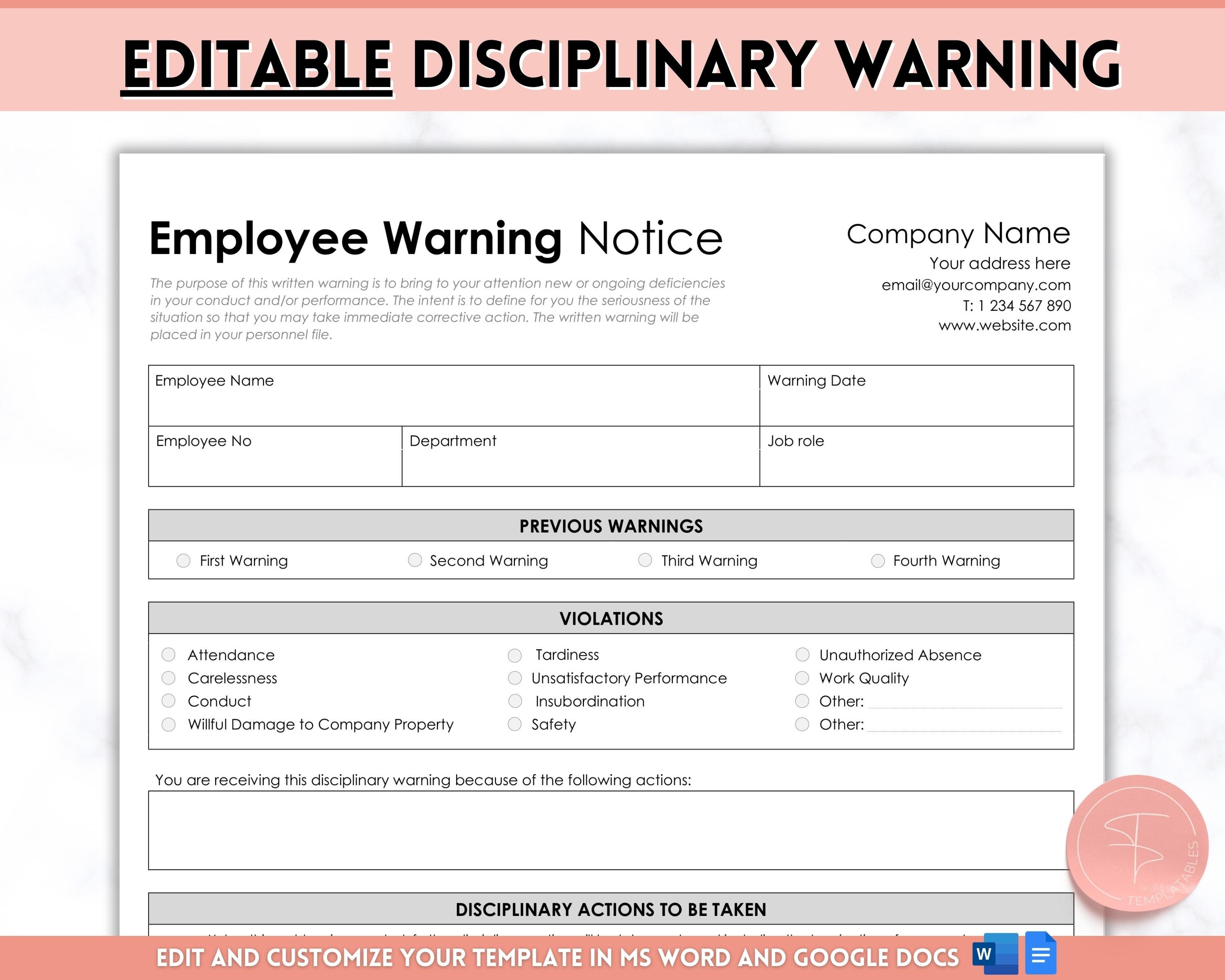
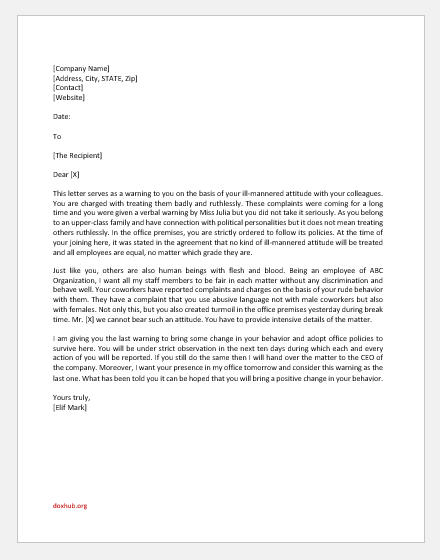
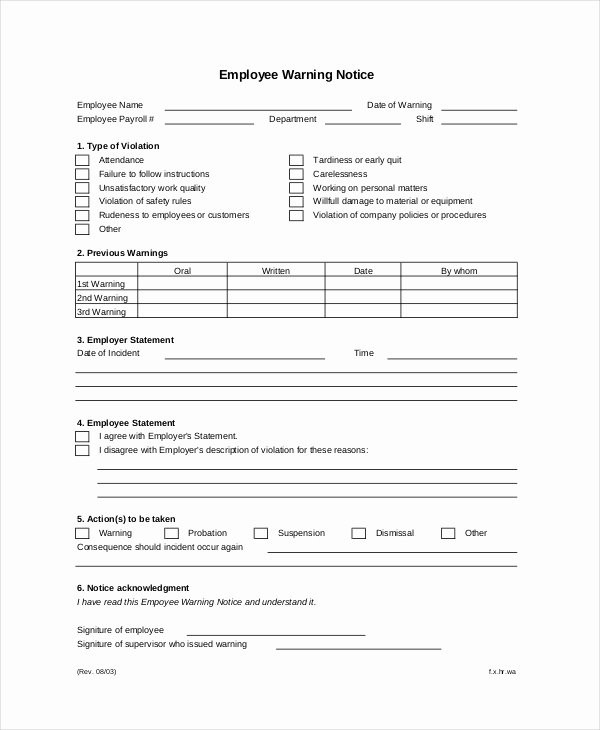



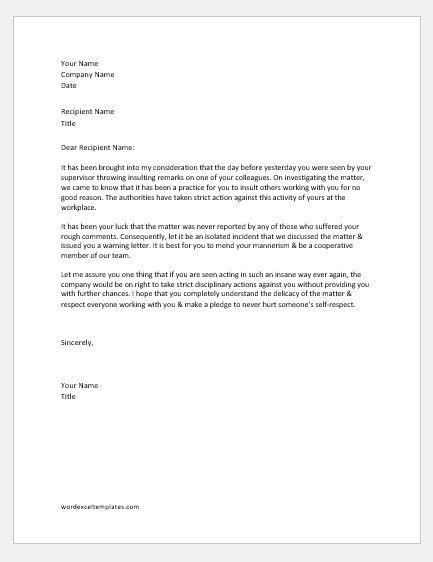
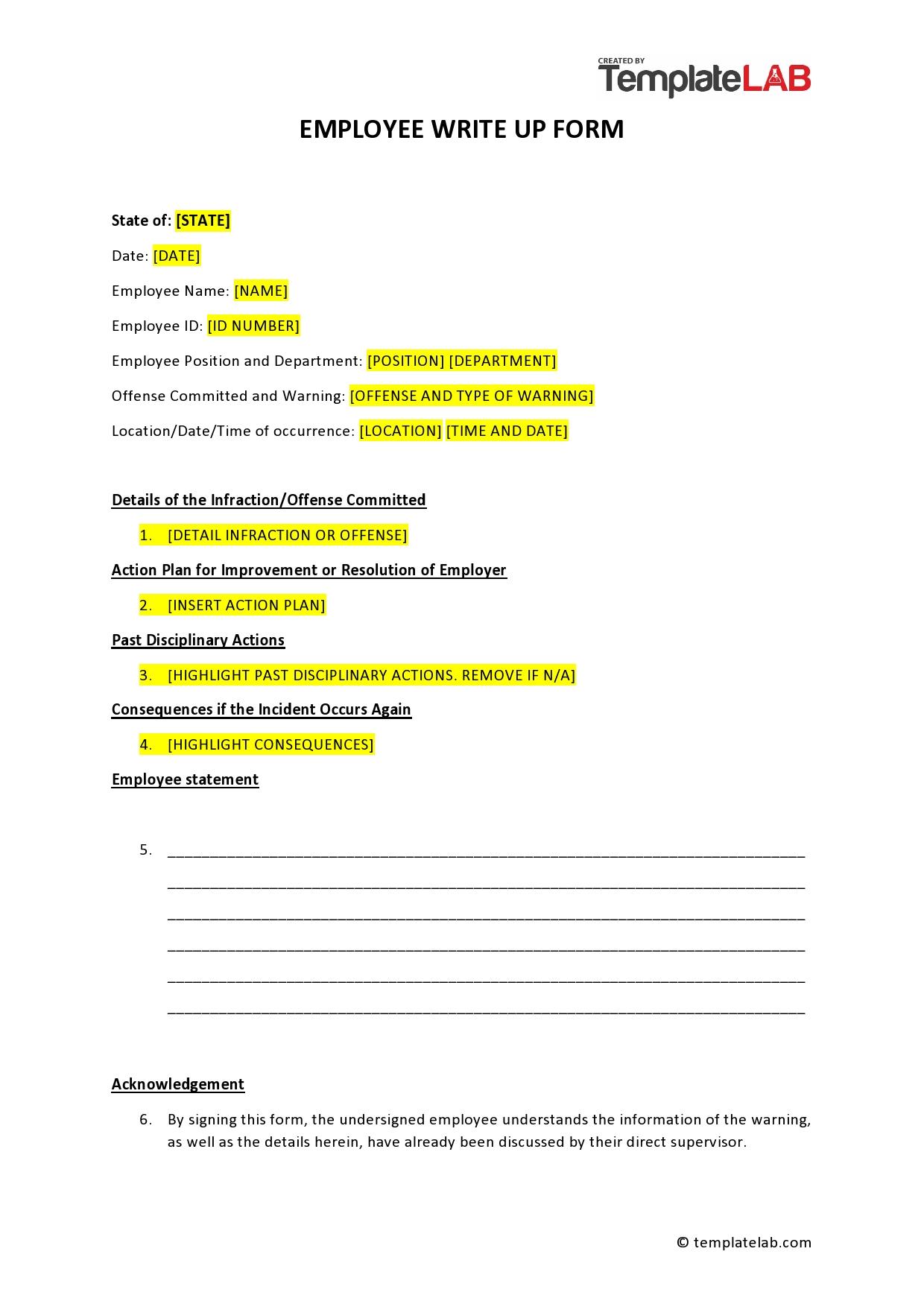

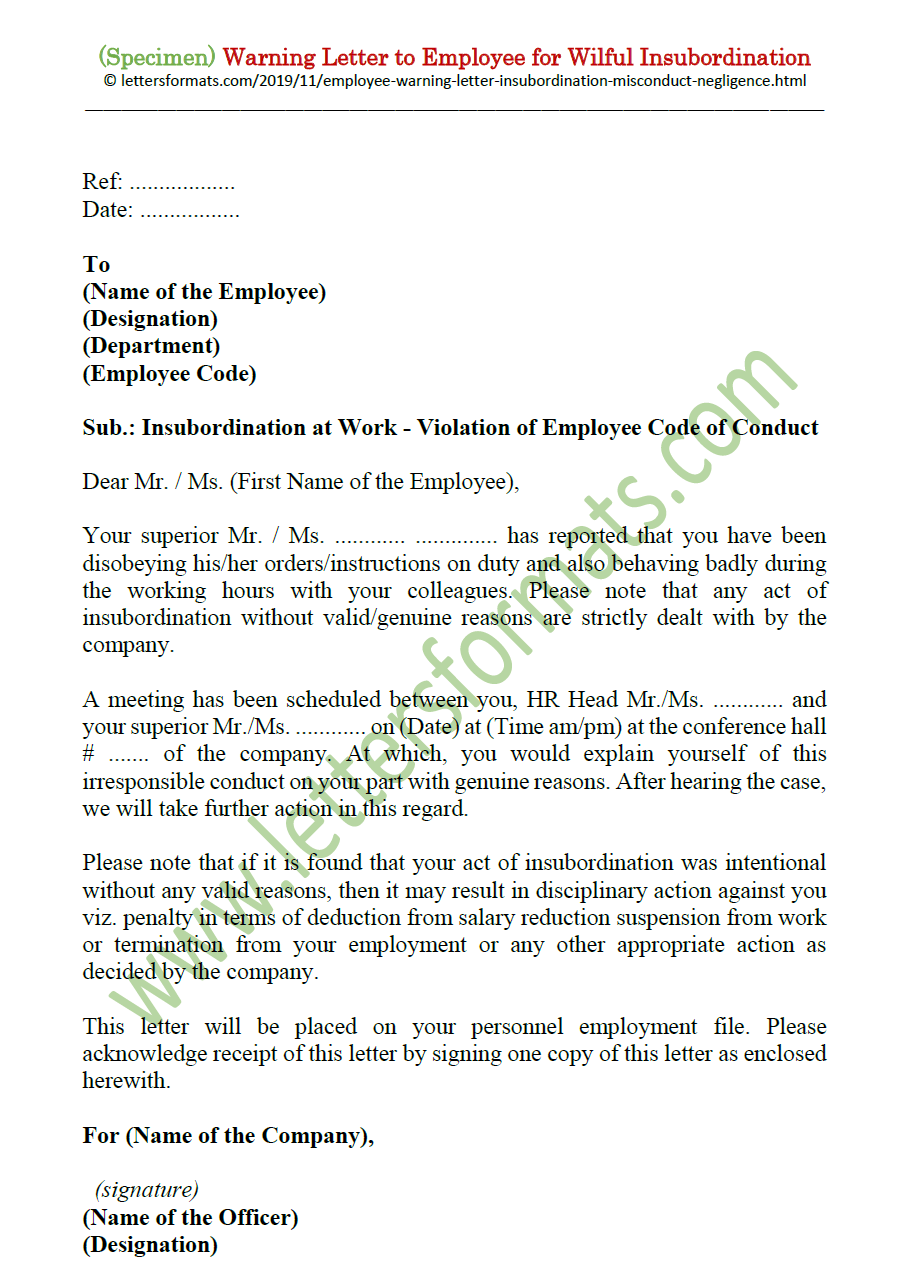

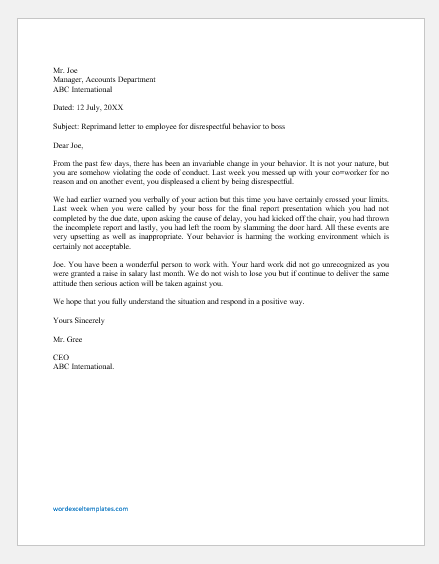
![Disrespectful Employee Write Up Examples 46 Effective Employee Write Up Forms [+ Disciplinary Action Forms]](http://templatelab.com/wp-content/uploads/2017/02/employee-write-up-form-09.jpg)
